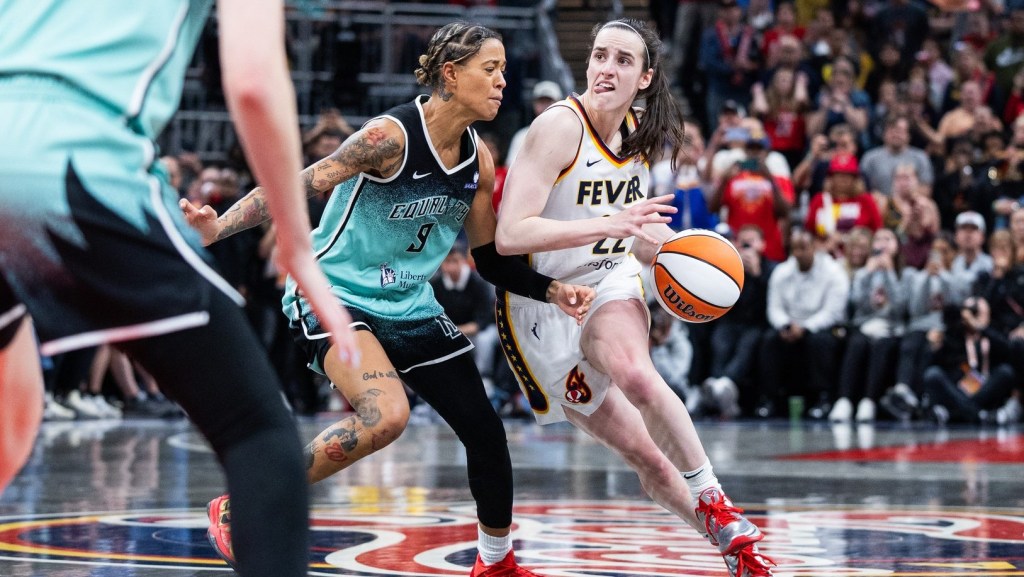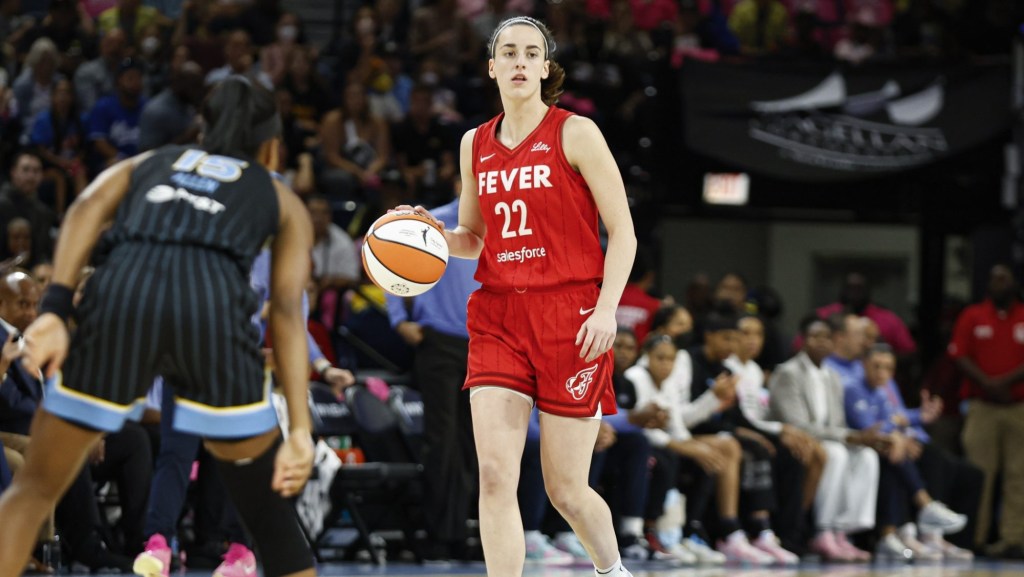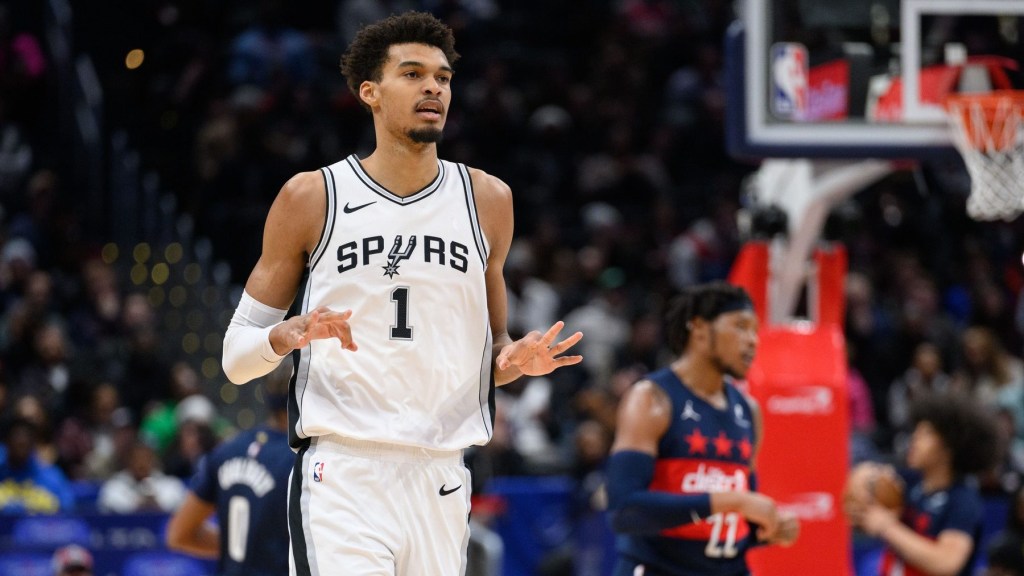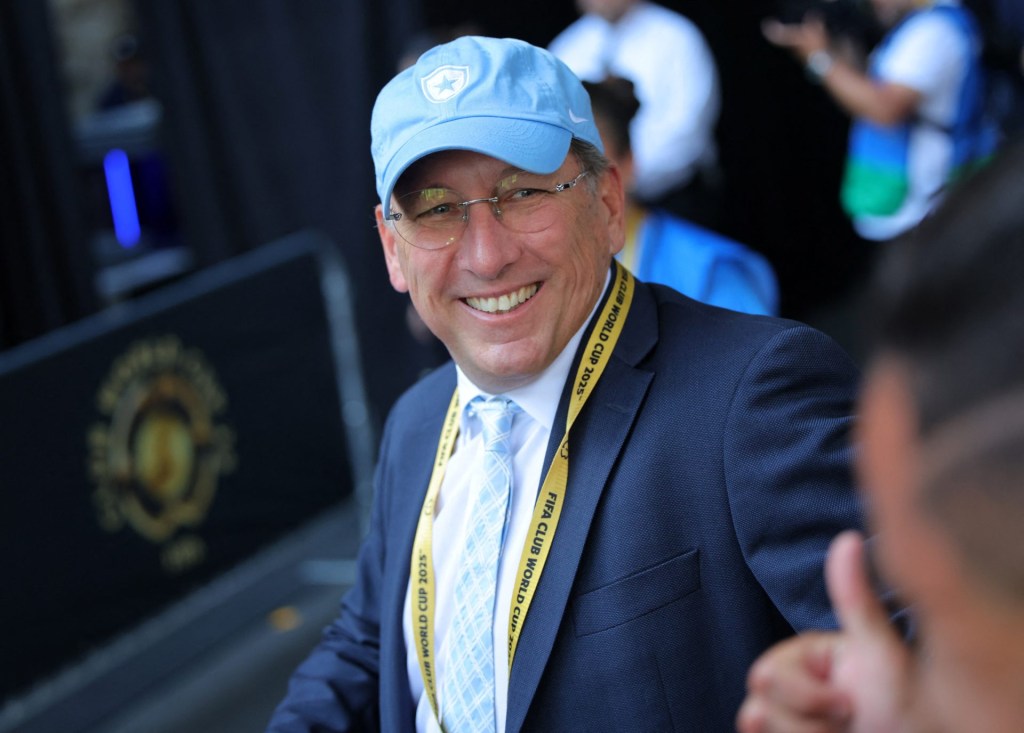By: Adam White, @FOSAdam

Front Office Sports is proud to have sat down with Mike Evenson, Vice President of Marketing and Product Management for AudienceView. A consummate professional of 16 years, Mike has enjoyed recent success in multiple positions at AudienceView. Heralded by his coworkers as a, “…very sharp guy who understands the big picture, but also does great job managing the granular aspects of a project.” Mike has made lasting impacts in the industry throughout his tenure. He was gracious enough to offer up his time and insight about the future of ticketing technologies, AudienceView’s and the University of Minnesota’s Golden Ticket initiative and his advice for students looking to succeed in the sports business industry.
You graduated from Wisconsin 16 years ago, what has your journey been like since then? Did you envision being where you are today?
I didn’t expect to be where I am today, but I am thrilled with the way my career has progressed.
I started at a small school in Minnesota where I went to play tennis. I studied sports management, but eventually ended up transferring to Wisconsin because the school was just too small. Wisconsin did not offer sports management, so I majored in political science because it was an interest of mine. I made my way through school without a firm plan as to how I could break into the business of sports. I was fortunate to get an internship in the ticket office at Wisconsin after college. That is where I got my start in college athletics.
For the first couple of years in my position, I was fortunate because our athletic teams were doing so well. I was able to learn a lot — not only about ticket sales and the college athletics scene, but what it takes to stand out and what you have to do to earn your keep.
What should students expect when going into their first position?
You should expect to go in and work to add value to the organization, school, company or team you are working for. It is important that you give every task a little bit extra. That way, when you advance in your career, you can leave that job in better shape for the next person and you will have better skills than when you arrived.
You were one of the minds behind the Golden Ticket Initiative. How did that come to fruition and why do you think it was so successful?
To develop the University of Minnesota’s Golden Ticket, we looked at the fan from a third-party perspective. We recognized that not every event goer is created equal and neither are their experiences.
Our goal was to create more ways to attend an event and match that with the personalities of different sports fans. The motivation behind the Golden Ticket was to connect with fans who believe they are a good luck charm for their team. It also connects with expert fans — those who really know their teams — and asks them to put their money where their mouth is. We were really leveraging the psychology of the sports fan.
Ultimately, we wanted to attract fans to games that have had historically low attendance. It was a fun, different and interactive way to appeal to them while driving excitement for the program and increasing overall fan engagement.
For those of us who do not know what ticketing e-commerce is, can you explain what it is, why it helps, what you think the future of it will be and where opportunities for students may lie?
People have been paying to go to events forever, but there has been a real evolution in event ticketing over the years. It changed approximately 15 years ago because of the Internet. In the past, fans would line up at the physical outlet to get the best seats. The pre-event experience was in person and much more social. Now, ticket buyers are isolated from each other, making the purchase from their computer or mobile device. This has really changed the pre-event experience, but it presents real opportunities.
For a lot of people, the event begins at the initial point of purchase. Organizations can leverage this emotion through until game day and beyond. To do so, they need to be in the right place at the right time in terms of marketing, social outreach and more. The right system can help you do this and ultimately improve the overall fan experience, increase revenue and make everything more efficient.
To make this happen, and to achieve the benefits of true e-commerce, organizations need to bring ticketing together into a single system with all their other transactions. For many, the experience is still fragmented — fans buy a ticket in one place, then buy a hat or a jersey somewhere else, and then make a donation in yet another place. It can be a completely segmented experience in which most of the data does not end up in the same database.
With all transactions in the same e-commerce database, you can have a different and more complete picture of each fan. It allows schools and teams to build that “Super Target” experience. Not only can fans buy a ticket from your website, but they can buy a t-shirt, parking, an overnight package, or choose to make a donation as well. Creating that single shopping cart experience is critical as is the move to a single e-commerce system — incorporating ticketing, all other sales transactions, donations, email marketing, social outreach and more.
As a student, spend time observing and question what your team is doing. Always ask yourself, “As a fan, what do I want and deserve?” Recognizing how to add value for fans will add value for your career and the organizations that you ultimately join.
What are your three things a student must do to succeed in sports business?
Treat your time like currency and invest in your career.
Everyone has to put in a lot of time to be successful in this industry. Hours that you invest early on will return to you ten-fold later on in your career.
Network as much as possible.
Find a way to be in the room with people who can give you advice, refer you to industry influencers, educate you and share their knowledge. Capitalize on those moments when they present themselves and be sure to stay in touch.
Make sure you love the business side.
Everyone gets into sports because they love sports. Make sure you take your love for sports and marry it with a love for the business side of our industry. When you do this, make sure you try things and challenge the boundaries that exist today. Innovation is an important differentiator, both for individuals and organizations.
Finish this for me….”I love working in sports because…”
I am able to positively impact the experience of the sports fan. I love being able to leverage technology to help create epic experiences. Not only am I helping brands and organizations increase their revenue, I get to help make fans excited about attending the games.
Parting wisdom?
If you can find ways to create a better fan experience, you are going to add value to your organization.
Make sure you stay in touch with the people you meet. Even dropping a short note to say hello or making a quick call once in a while will keep your connections warm. You never know when you may want to reach out.
We would like to thank Mike for his time and insight and we wish him the best in his future endeavors!
You can connect with him on LinkedIn here or follow him on Twitter here!
Want to learn more about the Golden Ticket Initiative? Check out these two links!
https://espn.go.com/blog/playbook/dollars/post/_/id/2706/golden-ticket-paying-off-for-minnesota-fans

















